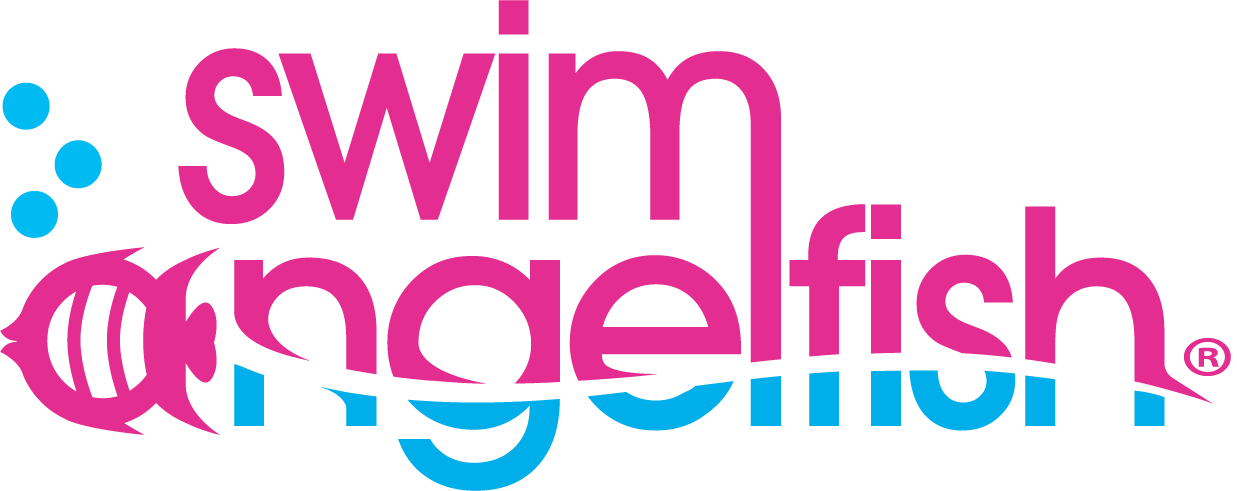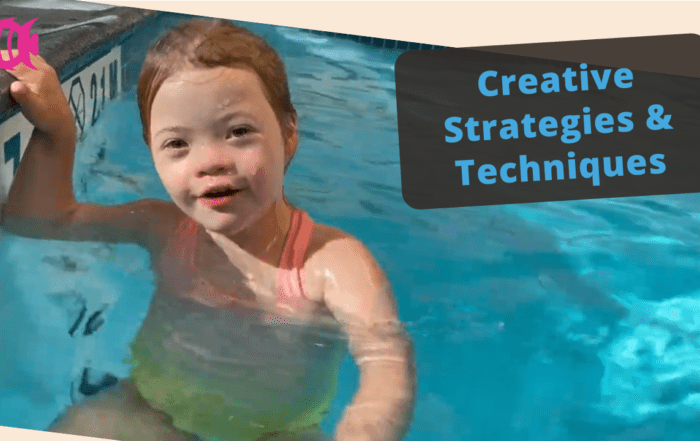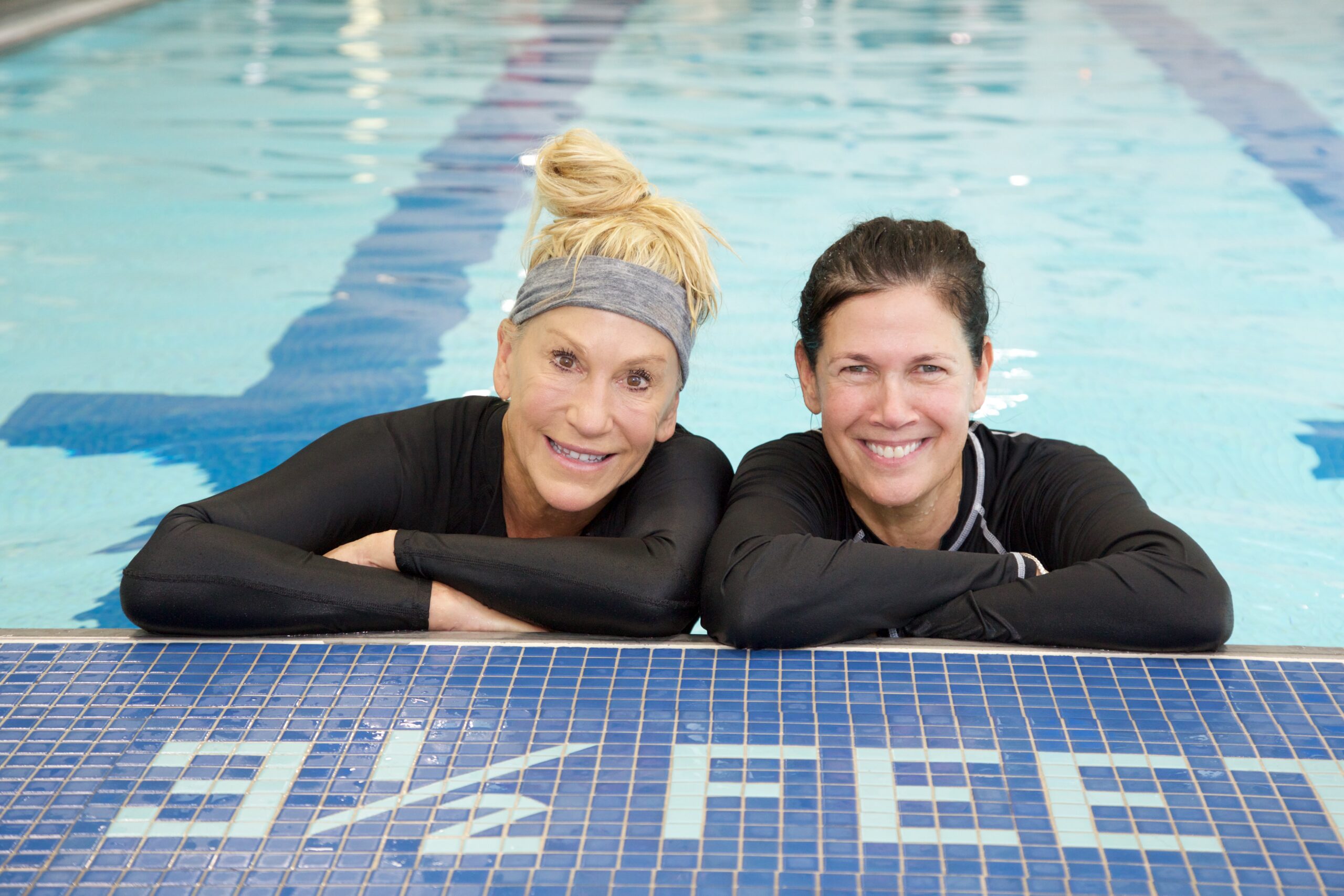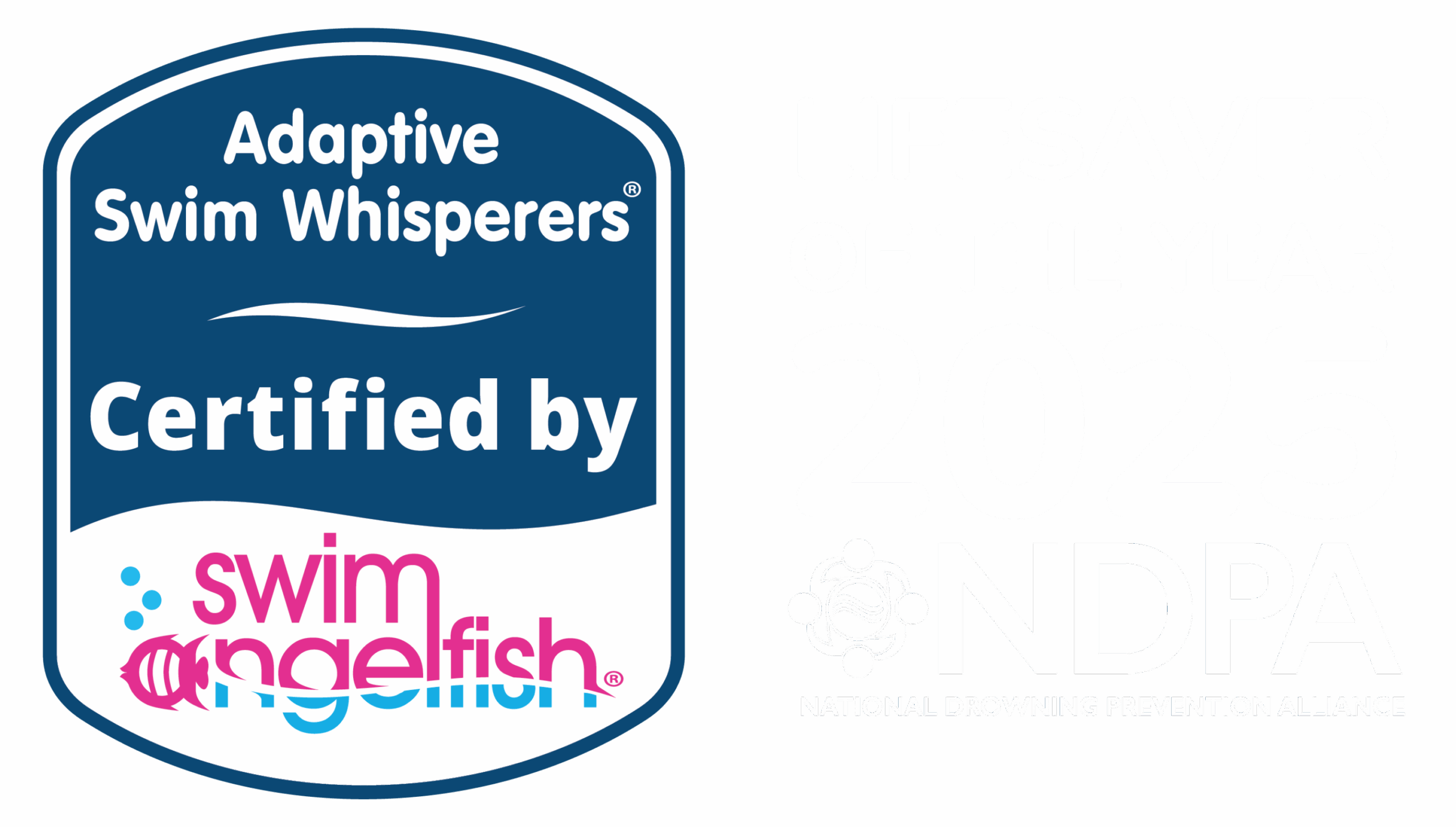Discover how important life skills can be nurtured, as we explore the multiple benefits of choosing aquatic therapy or swim lessons for individuals with Anxiety.
Emotional responses such as Anxiety can affect a child’s thoughts, feelings, and behaviors. This can make it challenging to participate in traditional therapy and activities. However, aquatic therapy and swim lessons offer a unique and effective way to address the difficulties that people with Anxiety experience.
What is Anxiety?
Anxiety is an emotional response typically characterized by feelings of unease, worry, and fear resulting from a perceived future threat. Anxiety in children is common and can be an understandable reaction to change or something stressful. For some children, anxiety can affect their thoughts, feelings and behavior so much that it impacts their ability to engage in certain experiences or situations, such as swimming, learning at school, or socializing.
Statistics Relating to Water Safety for Children With Anxiety
How Adaptive Swim Lessons and Aquatic Therapy Contribute to Water Safety
Part of our mission at Swim Angelfish is to help improve water safety for children of all abilities and create a supportive, understanding environment where water safety skills can flourish. Aquatic therapy can help satiate a child’s sensory needs as well as improve their strength, coordination, and motor planning so that they are able to function safely in an aquatic environment. Swim lessons additionally help children develop a crucial sense of awareness for water safety and independent movement, while fostering a positive and functional relationship between the child and the water.
There are so many benefits of learning to swim for children with Anxiety! Swimming is a great way for children with anxiety to practice confronting a situation that may initially evoke negative emotions, and practice conquering fear in a supportive structured environment, to build confidence. The best way to build confidence is to practice doing things that make you uncomfortable. Learning to swim with anxiety is a perfect example of doing exactly that. Children with anxiety also may experience increased stress as well as impaired sleep patterns. Swimming has been shown to lower stress levels and improve sleep patterns through the release of endorphins. The hydrostatic pressure of the water also helps release neurochemicals that result in a feeling of calmness which can be extremely beneficial for children with anxiety. When dealing with anxiety, breathing exercises are commonly introduced as a coping mechanism for anxious episodes. Being in the water creates ample opportunities to practice breath control and mindfulness, which also helps children feel more relaxed and at ease. These skills that are practiced in the water can also translate to improved breath control on land.
Benefits of Swim Lessons for Anxiety
Aquatic therapy can be extremely beneficial for children with Anxiety. Many techniques utilized during aquatic therapy are designed to decrease stress, improve muscle tension, and relieve pain. Children with intense anxiety may experience somatic symptoms like headaches, stomachaches, fatigue, or altered pain perception. Watsu is an example of an aquatic therapy technique that can be used to decrease pain, improve joint mobility, and decrease anxiety. Aquatic therapy can also help improve thoracic and rib cage mobility through a variety of interventions. Improved thoracic expansion leads to improved depth and efficiency of breathing. Children with anxiety tend to struggle with their breathing patterns, resulting in small shallow breaths when nervous. Using aquatic therapy techniques to improve rib cage expansion with inhalation will help these children improve their efficiency of breathing by learning to take deeper diaphragmatic breaths, which helps to decrease anxiety and regulate their rate of breathing. Studies show that children with anxiety may also present with impaired motor skills. Aquatic therapy is also a great intervention for strengthening these motor deficits if they are present.
Benefits of Aquatic Therapy for Anxiety
Our Swim Whisperers® Adaptive Aquatics Training Program is the only adaptive aquatics training program that uses a therapeutic approach to assess, identify, and overcome the roadblocks that are present in children with special needs while learning to swim.
Here are some great tips when working with individuals who have Anxiety:
Read our blogs How to Help Your Child Overcome Anxiety in their Swimming Lesson and Time-Tested Strategies and Tips for your next Adaptive Aquatics Lesson for more great tips!
We can help you find a qualified instructor or aquatic therapist to help your child with Anxiety become safer and more independent in the water.
We have highly skilled instructors certified in the Swim Whisperers® program who will work with your child to identify and address any underlying obstacles that they are experiencing with learning to swim.
We also have licensed aquatic physical, occupational and recreational therapists who will use a fun, innovative multi-sensory approach to reach specific therapy goals. We offer private, semi-private and small group sessions across multiple locations in CT, MA, NH and NY.
